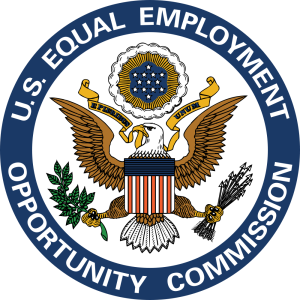
Image: dol.gov
An associate attorney at Ice Miller, LLP, Courtney King represents clients on a wide range of state and federal labor and employment law matters. Throughout her career as a lawyer, Courtney King has become familiar with several federal acts relating to her field of practice, including the Family and Medical Leave Act.
The history of the Family and Medical Leave Act (FMLA) dates back to 1984 when Donna Lenhoff, a member of the Women’s Legal Defense Fund and a staff member of Congressman Howard Berman of California, first drafted the law. In the following year, the FMLA was introduced to the House of Representatives. This early draft included provisions for 18 weeks of unpaid parental leave for the serious illness, adoption, or birth of a child over the course of two years. It also allowed for 26 weeks of unpaid medical leave for an employee’s serious health condition.
The bill was met with resistance and repeatedly blocked. After nine years of campaigning, it was passed and signed into law by President Bill Clinton in 1993. Over the years, the law had changed slightly from its first incarnation. The final version applied to employers with at least 50 employees and allowed for 12 weeks of unpaid medical and parental leave.
Other changes to the FMLA have included two special military family leave amendments as part of the National Defense Authorization Act for Fiscal Year 2008 and new statutory amendments contained in the same act for Fiscal Year 2010.
